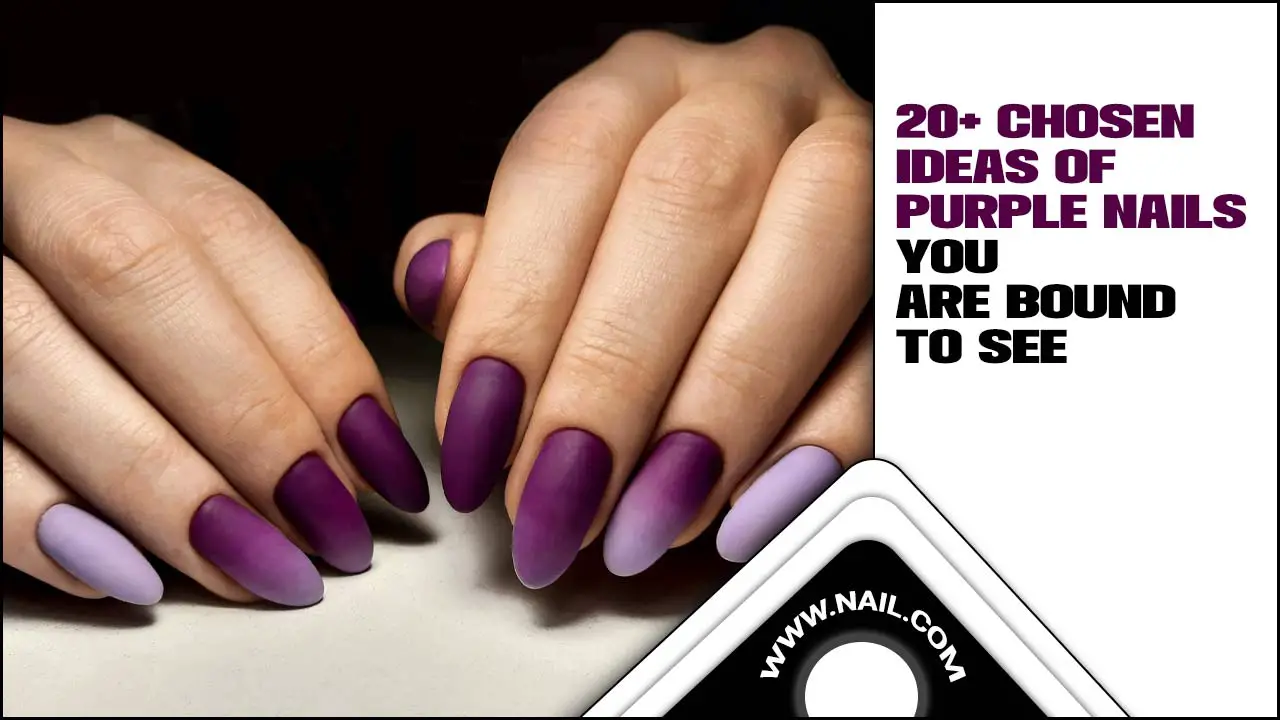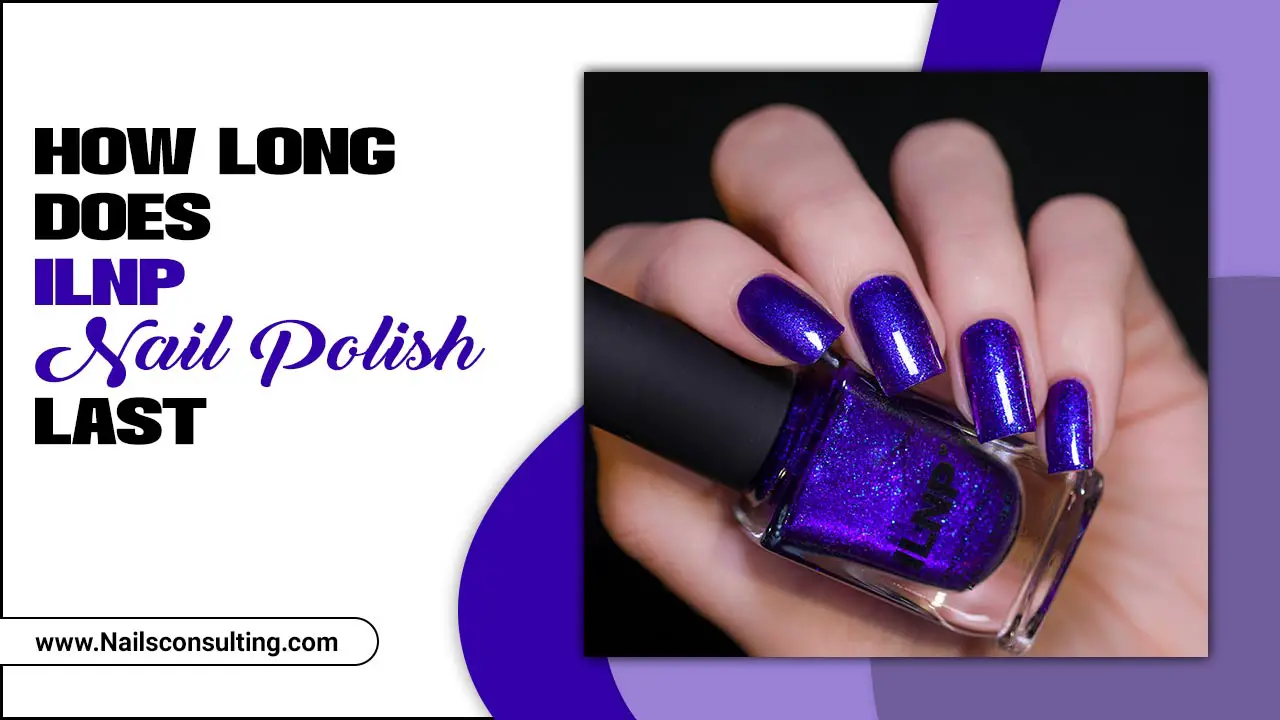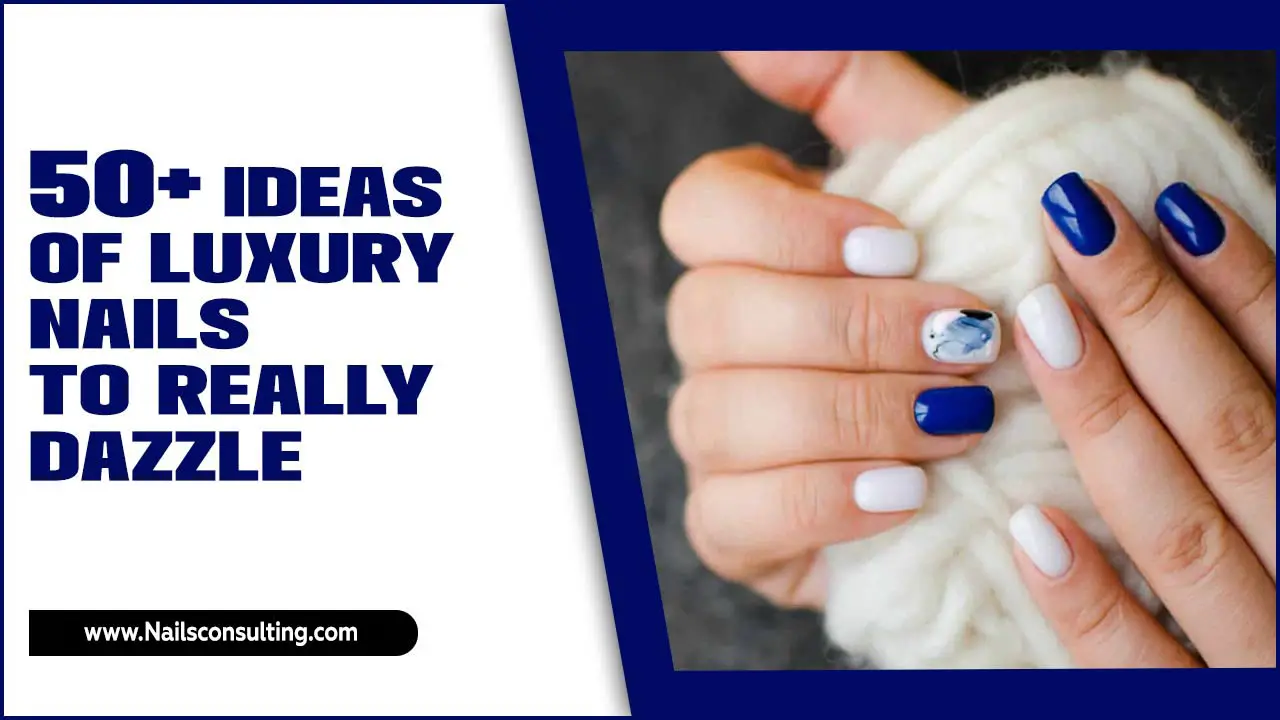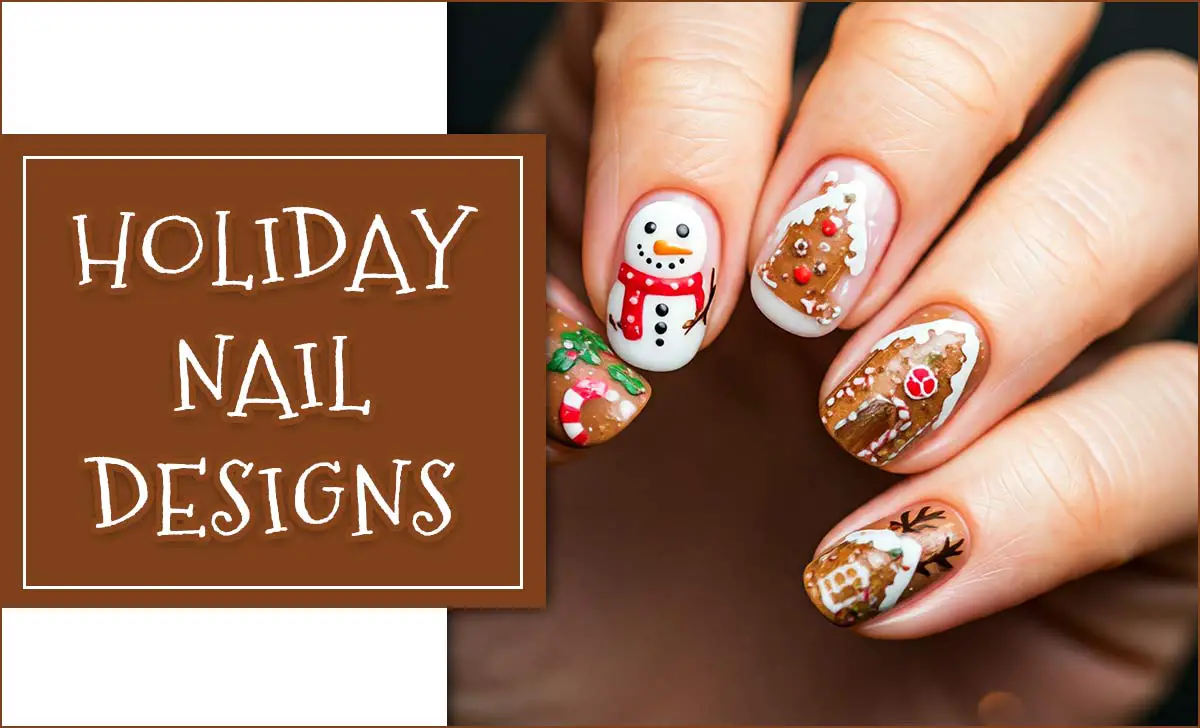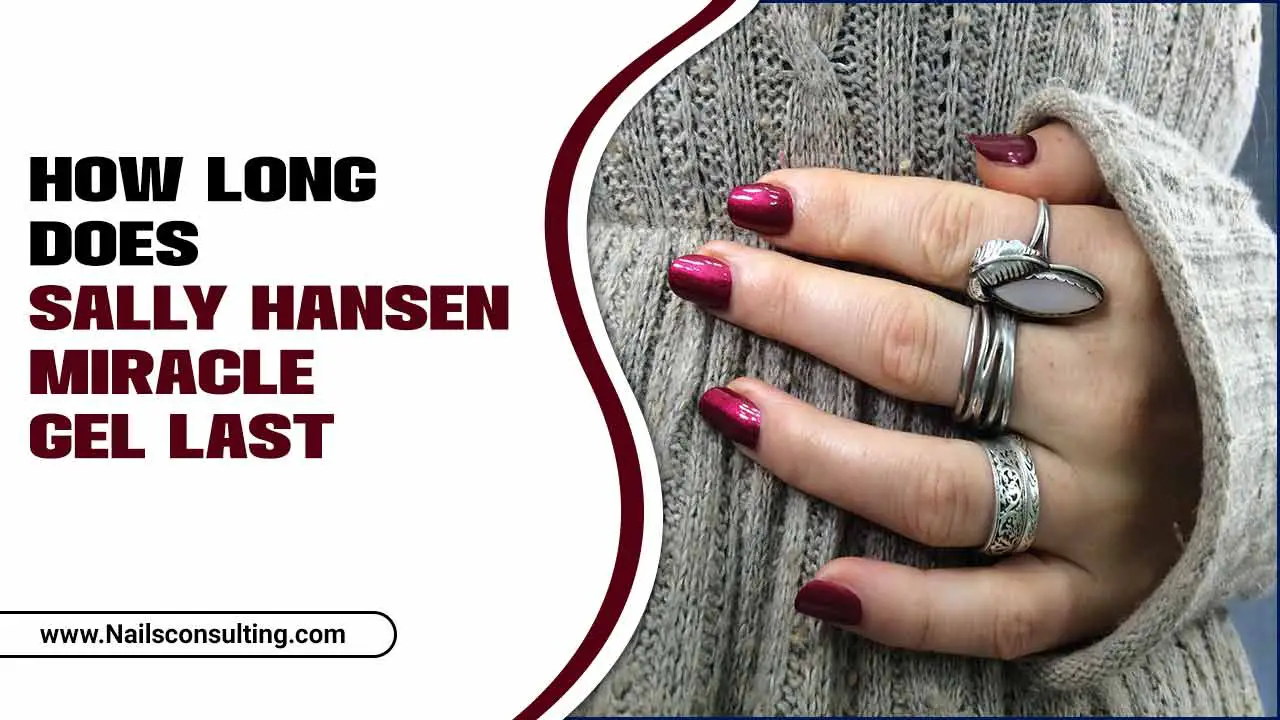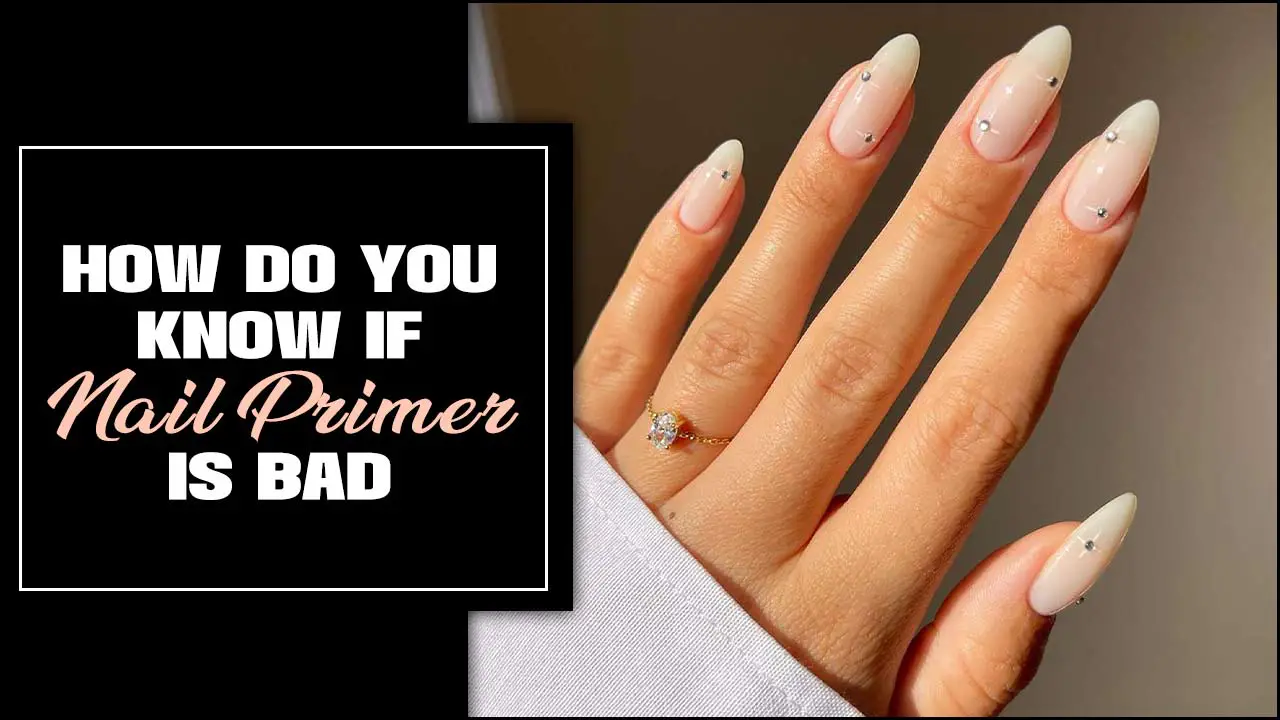Nail care has always been an essential part of personal grooming for many individuals, and with the popularity of manicures and nail enhancements, the demand for various nail products has significantly increased.
Among these products is nail primer, a solution used to improve the adherence of nail polish and strengthen the nails. While many people swear by the benefits of nail primer, there are also concerns about its potential adverse effects, especially for those with soft and peeling nails.
Here, we will delve into the question of whether a nail primer can ruin your soft and peeling nails even further. We will examine the ingredients and purpose of nail primers, as well as explore the “will a nail primer ruin my soft peeling nails further.
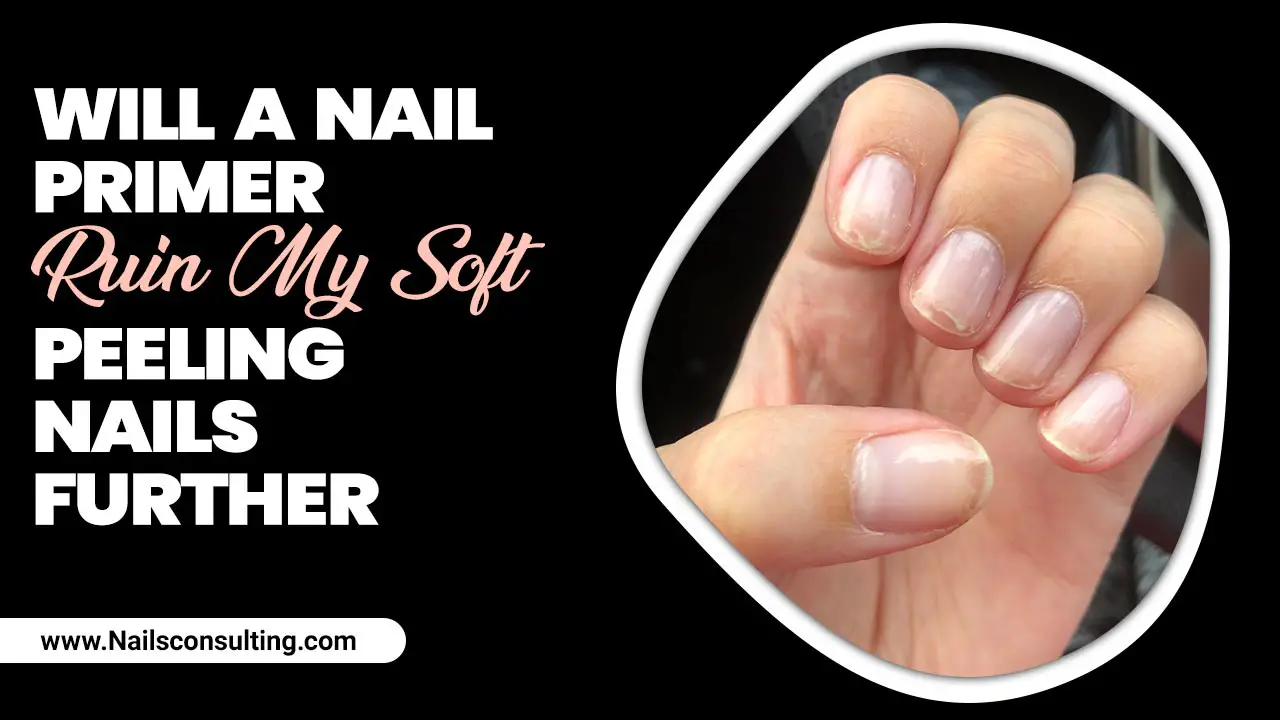
Will A Nail Primer Ruin My Soft Peeling Nails Further? The Revealed Answer
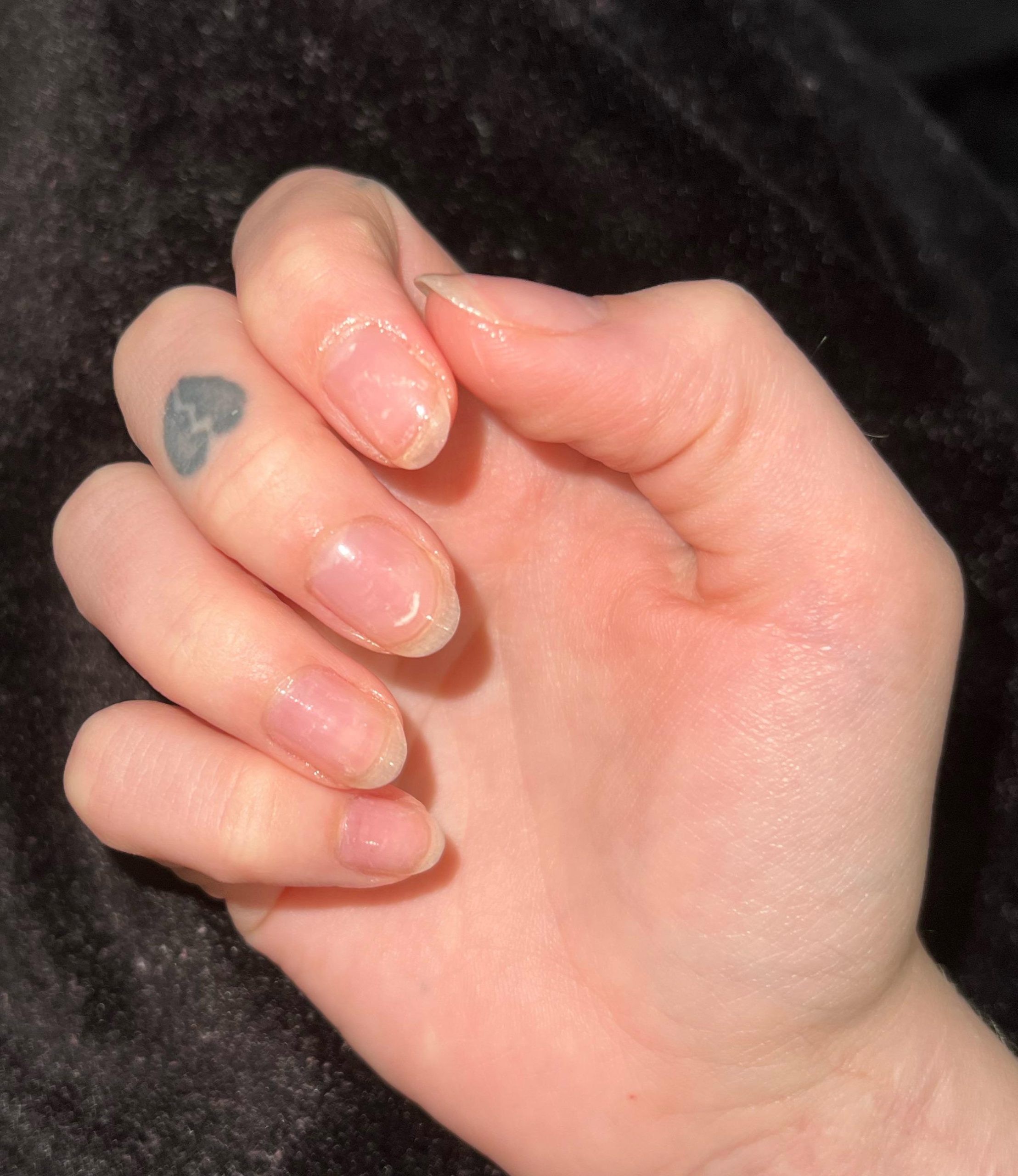
A nail primer is typically used as a base coat before applying nail polish. It helps to create a smooth surface for the polish to adhere to and can extend the longevity of your manicure. However, if you have soft, peeling nails, using a nail primer may not be the best option.
Nail primers often contain chemicals such as formaldehyde or methacrylic acid, which can dry and potentially further damage your fragile nails. It is advisable to consult with a dermatologist or nail professional to determine the best course of action for your specific nail condition. They may recommend alternative treatments or products more suitable for your nails, such as strengthening or oils.
Common Misconceptions About Nail Primers
In nail care and manicures, nail primers are crucial in achieving a long-lasting and flawless finish. However, there exist several common misconceptions surrounding the use and application of nail primers. To dispel these misconceptions, it is important to understand the purpose and function of nail primers. Common Misconceptions about Nail Primers:
- Nail primers ruin nails: This is a common misconception about nail primers. When used correctly, nail primers do not damage or ruin the nails. They help improve the adhesion of the nail products, such as polish or acrylic, enhancing the manicure’s longevity.
- Nail primers weaken the nails: Some people believe nail primers weaken the nails over time. However, nail primers are designed to create a bond between the natural nail and the nail product being applied. When used properly and in moderation, they do not weaken the nails. It’s important to follow the manufacturer’s instructions and avoid excessive use.
- Nail primers make nails more prone to infections: Another misconception is that nail primers increase the risk of nail infections. Nail primers themselves do not cause infections. However, improper application or poor nail hygiene can contribute to the development of nail infections.
Identifying The Root Causes Of Soft And Peeling Nails
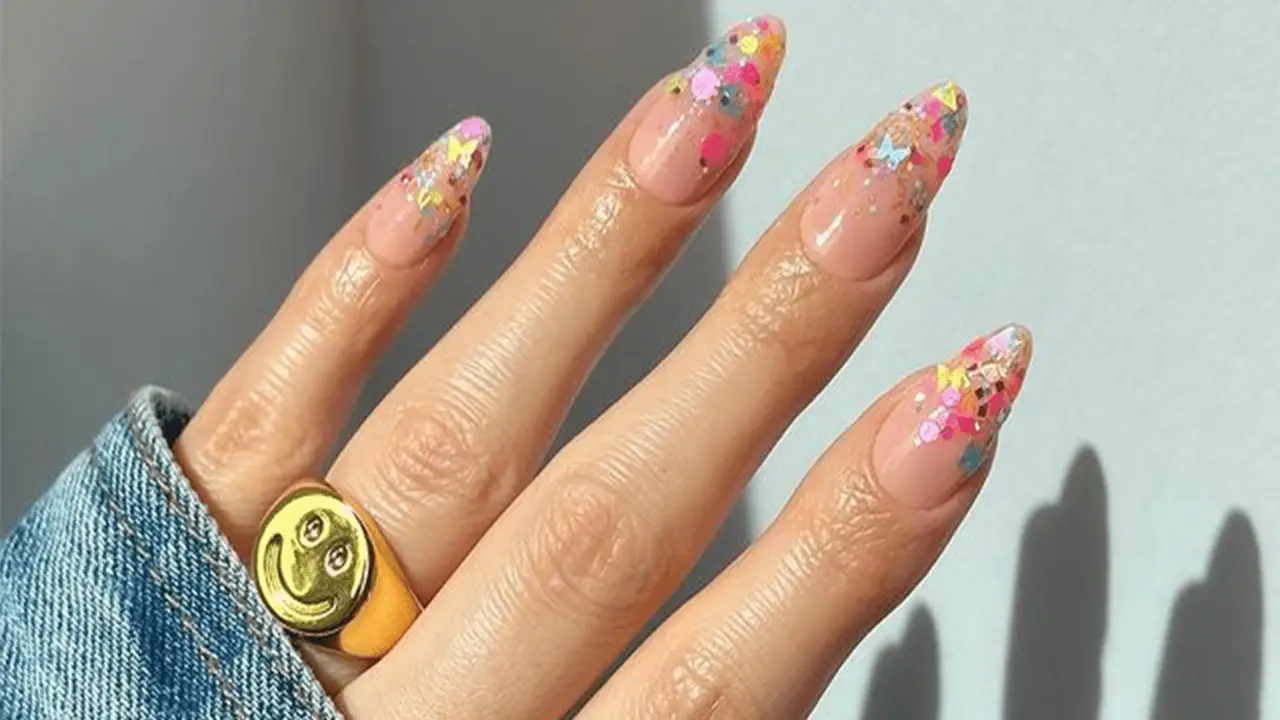
Identifying the root causes of soft and peeling nails is crucial to address and treat this common nail disorder effectively. Soft and peeling nails, also known as onychoschizia, can be a source of frustration and embarrassment for individuals who experience this condition. Identifying the root causes of soft and peeling nails can help understand why nail primer ruins the nails. Soft and peeling nails can be caused by various factors, including:
- Excessive Moisture: Nails frequently exposed to water or moisture can become soft and prone to peeling. This can be caused by dishwashing, swimming, or excessive hand washing.
- Nutritional Deficiencies: A lack of essential nutrients, such as biotin, iron, and protein, can weaken the nails and make them more susceptible to peeling. Poor diet or certain medical conditions can contribute to these deficiencies.
- Chemical Exposure: Exposure to harsh chemicals, such as nail polish removers, acetone, or cleaning agents, can strip the nails of their natural oils and moisture, leading to softness and peeling.
- Nail Trauma: Regular trauma or injury to the nails, such as excessive filing, picking, or wearing artificial nails, can weaken.
Preparing Your Nails For Nail Primer Application
Preparing your nails for nail primer application is an essential step in achieving the perfect manicure. Nail primer is a vital component in the nail enhancement process, as it helps to create a smooth and even surface for the application of nail products such as acrylics or gels. Preparing Your Nails for Nail Primer Application:
- Start by removing any old nail polish using a gentle nail polish remover.
- Trim and shape your nails to your desired length and shape using a nail file.
- Gently push back your cuticles using a cuticle pusher or an orangewood stick.
- Use a buffer to buff the surface of your nails lightly. This will help the nail primer adhere better.
- Wash your hands with soap and water to remove any residue or oils from your nails.
- Dry your hands thoroughly before applying the nail primer.
Remember, nail primer is designed to enhance the adhesion of your nail polish and extend its wear. It should not ruin your nails when used properly.
Proper Application Techniques For Nail Primers
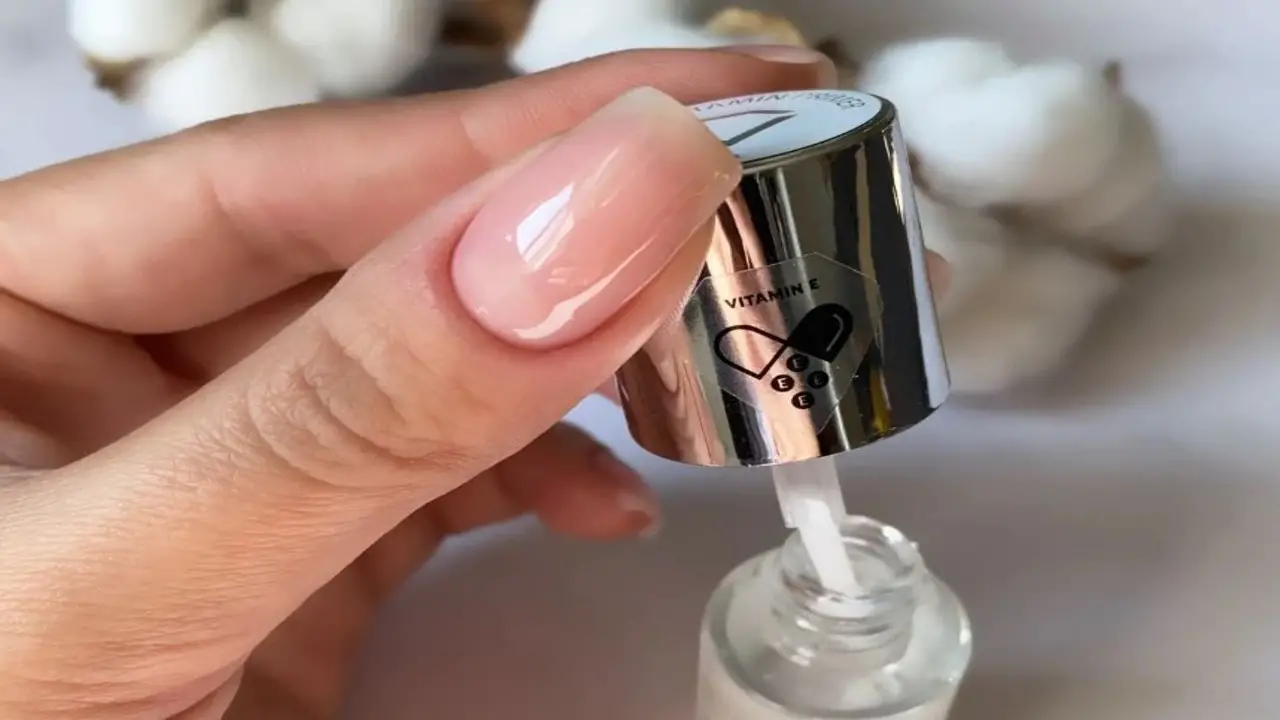
In the realm of nail care and beautification, the use of nail primers holds significant importance. Nail primers serve as a preparatory step before applying nail polish or artificial enhancements, ensuring a strong bond between the nail plate and the subsequent layers of products. Proper Application Techniques for Nail Primers:
- Clean and prep your nails: Before applying any nail primer, ensure that your nails are clean, dry, and free from any oils or debris. Use a nail polish remover to remove any existing polish and gently push back your cuticles.
- Choose the right primer: There are different types of nail primers available, such as acid-based and acid-free primers. Select the primer that suits your nail type and needs. If you have sensitive nails, opt for an acid-free primer.
- Apply a thin coat: Nail primers are highly concentrated, so a little goes a long way. Dip the brush into the primer bottle and wipe off any excess on the rim. Apply a thin, even coat of primer to your nails, starting from the base and moving towards the tip. Avoid getting the primer on your cuticles or skin.
Potential Risks And Side Effects Of Using Nail Primers
It is important to be aware of the potential risks and side effects associated with their use. Nail primers are often used as a preparatory step before applying nail polish or artificial nails, as they help to improve the adhesion and longevity of the manicure. However, it is crucial to understand that these products contain certain chemicals that may pose risks to the user. Potential risks and side effects of using nail primers:
- Skin Irritation: Nail primers contain chemicals that can cause skin irritation, redness, itching, or a burning sensation. This is especially true for individuals with sensitive skin.
- Allergic Reactions: Some people may be allergic to certain ingredients in nail primers. This can manifest as skin rash, hives, swelling, or difficulty breathing. It is important to patch-test the primer before applying it to the entire nail.
- Nail Damage: Incorrect application or overuse of nail primers can weaken the nails, making them more prone to breakage, splitting, or peeling. Excessive use of primers can also lead to nail discolouration and thinning.
- Nail Infections: If proper hygiene is not maintained during applying nail primers, there is a risk of bacterial or fungal infections. Sharing nail primers or using contaminated tools can increase the likelihood of developing an
Alternative Solutions For Strengthening Soft And Peeling Nails
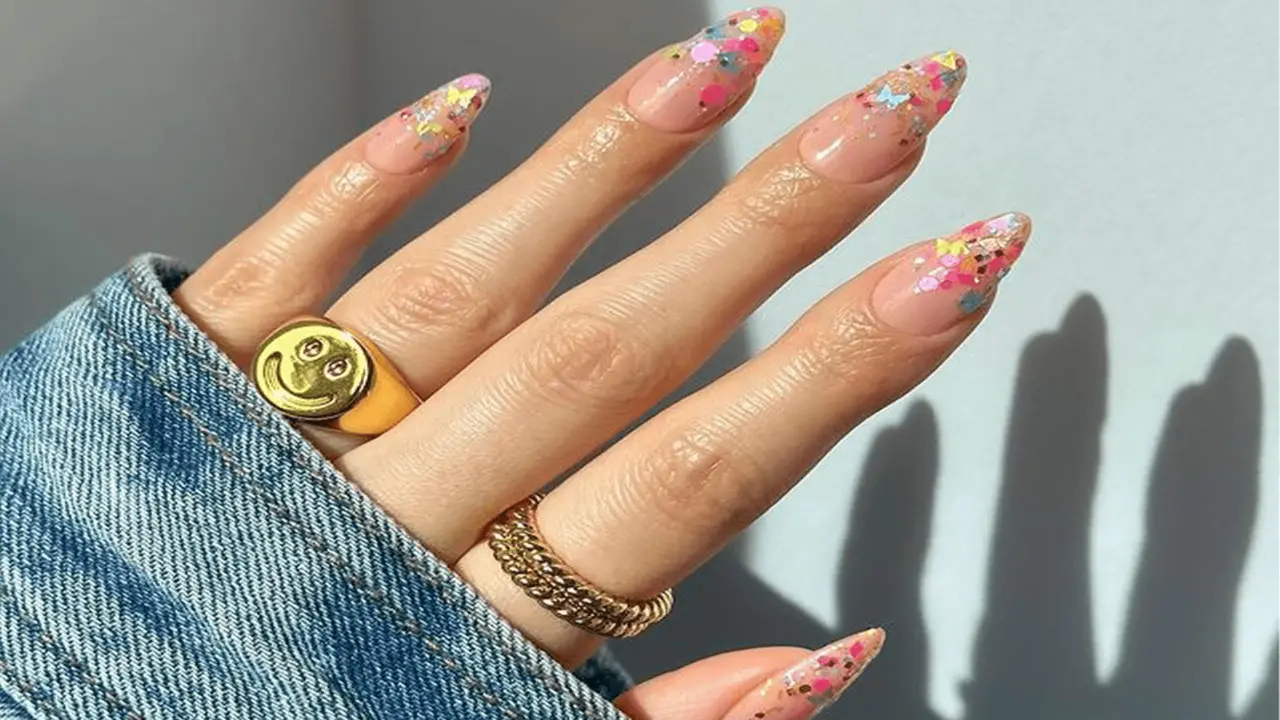
Soft and peeling nails can be a common concern for individuals seeking to maintain strong and healthy nails. While there are various alternative solutions available, it is crucial to explore effective methods that can strengthen and protect nails against damage. One alternative solution for strengthening soft and peeling nails is using nail hardeners or strengtheners. Alternative Solutions for Strengthening Soft and Peeling Nails:
- Regularly moisturize your nails: Apply a moisturizing nail and cuticle oil or cream daily to keep your nails hydrated and prevent them from becoming dry and brittle.
- Use a strengthening base coat: Look for a base coat designed to strengthen nails. These products often contain ingredients like keratin, calcium, or vitamins that help to reinforce and fortify the nails.
- Limit exposure to water and chemicals: Excessive exposure and harsh chemicals can weaken the nails. To protect your nails, wear gloves while doing household chores or when working with chemicals.
- Avoid harsh nail products: Some nail products, such as acetone-based nail polish removers or aggressive nail primers, can be harsh on the nails. Opt for milder alternatives, such as acetone-free nail polish removers and gentle nail primers.
Conclusion
Using a nail primer on soft and peeling nails may cause further damage if not used properly. It is important to carefully follow instructions and choose a primer for weak and damaged nails. Additionally, it is crucial to practice proper nail care techniques, such as avoiding harsh chemicals and regularly moisturizing to maintain strong and healthy nails.
Consultation with a dermatologist or nail specialist may also be beneficial in determining the best course of action for your nail concerns. Ultimately, with the right approach and care, using a nail primer can help improve soft and peeling nails without causing further harm. We hope now you understand will a nail primer ruin my soft peeling nails further.
FAQs:
1.What Is A Nail Primer?
Ans: A nail primer is a product handy in nail care and manicures to prepare the nail surface for polish or enhancements. It is typically applied before the base coat to help the polish adhere better and last longer. Nail primers usually contain ingredients that remove oils and residue from the nail, helping the polish bond more effectively.
2.Can Using A Nail Primer Worsen The Condition Of Soft?
Ans: No, using a nail primer should not worsen the condition of soft nails. A nail primer has specific designs to create a smooth surface on the nail, allowing nail polish or gel to adhere better and last longer. It can also help to prevent chipping and lifting of nail products.
3.Are There Any Specific Ingredients In Nail Primers That Could Potentially Damage Soft Nails?
Ans: Nail primers typically contain ingredients such as methacrylic acid or acid-containing compounds, which can potentially damage soft nails if used incorrectly or excessively. These ingredients are meant to dehydrate the nail surface, creating a better bond between the nail and the nail polish or artificial enhancements.
4.Are There Any Alternative Products Or Methods That Can Be Used To Strengthen Soft?
Ans: Yes, some alternative products and methods can be handy to strengthen soft hair. These can include using protein treatments, incorporating essential oils such as coconut oil or argan oil into a hair care routine, reducing the use of heat styling tools, avoiding harsh chemical treatments, and using a wide-toothed comb or brush to prevent breakage.
5.What Are Some Tips Or Best Practices For Maintaining?
Ans: Some maintenance tips include regular cleaning and inspection, following manufacturer’s guidelines, addressing issues promptly, and performing preventive maintenance. Best practices include keeping records of maintenance activities, using proper tools and equipment, training personnel, and regularly reviewing and updating maintenance procedures.

